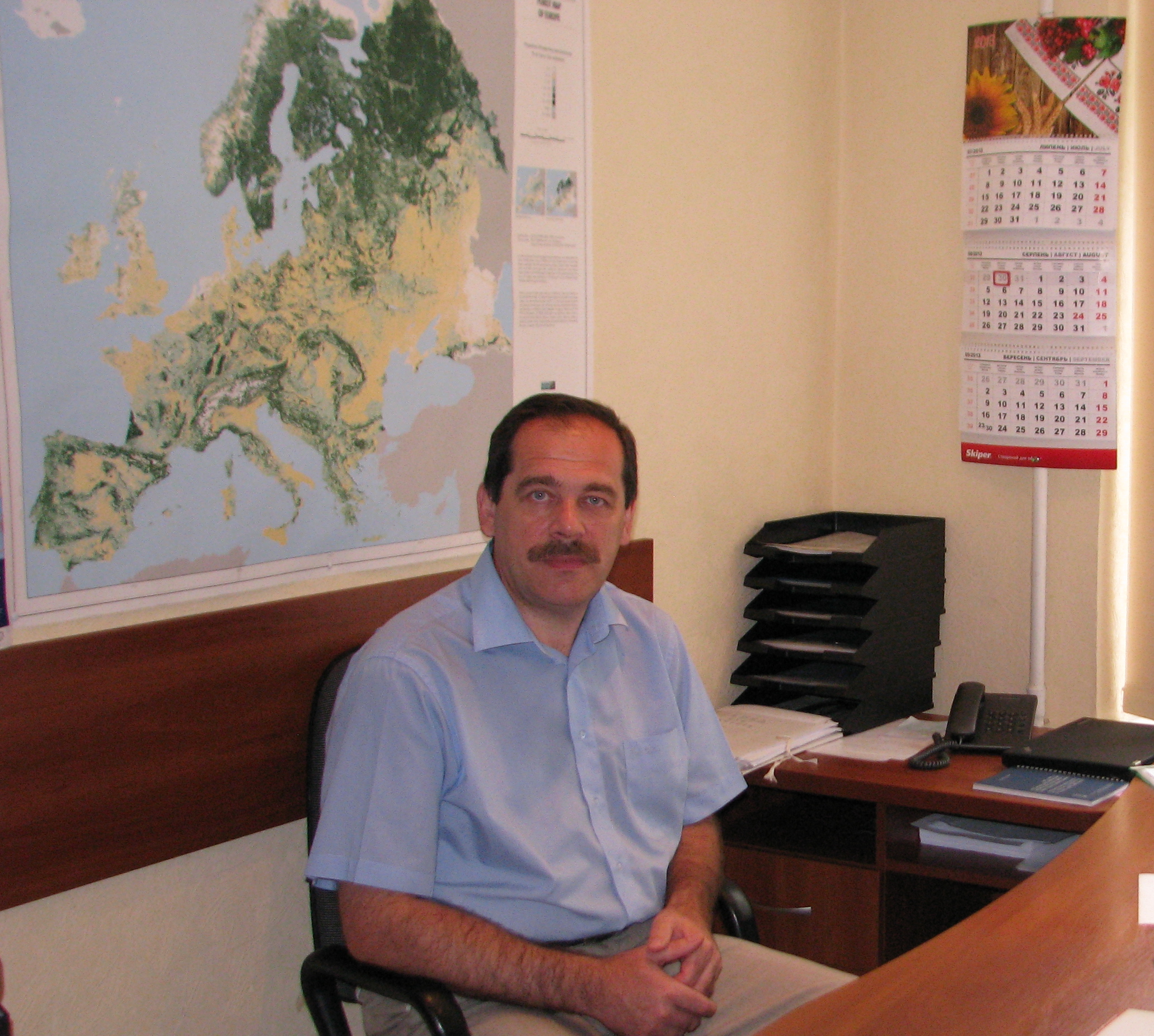Dreaming of a green Ukraine
Ukraine’s forestry sector is implementing far-reaching reforms and may just enter peacetime on track to become greener and more sustainable.
Fathers, brothers, sons. Hundreds of portraits arranged in a Lit de Parade inside a local church in Lviv, Ukraine, bear witness to the atrocities being committed along the Eastern and Southern border of Europe’s second largest country.
Outside the church in the cobbled streets of central Lviv, there are remarkably few signs of the Russian aggressors and the massive destruction they have brought upon Ukraine: 14 million Ukrainians have been displaced, and the recovery cost currently stands at EUR 383 billion, according to the World Bank.
Despite the challenges of war, Volodymyr Zelenskyy’s government - and those who will help foot the massive recovery bill - are hoping to rebuild a much greener and sustainable Ukraine, where steel and fossil-based energy is replaced by renewable gas, clean tech, and sustainably managed forests and agriculture.
“The dream of a new Ukraine, not only free, democratic and European, but also fair, green and prosperous,” said Ursula von der Leyen, President of the European Commission, in a keynote speech held at the Ukraine Recovery Conference last summer.
“No bad time for a good reform”
In the forestry sector, the green transition has already been underway for some time:
From 2014 to 2019, Ukraine converted an impressive 4.5 million hectares into sustainably managed FSC forest - far ahead of Germany (1.4 million hectares) and France (159,000 hectares). And more recently, Zelenskyy launched the afforestation programme Green Country with a pledge to plant one billion trees.
The most crucial steps, however, may be the current reforms aiming to align the mainly state-owned forestry sector with EU standards, thereby making it more efficient, transparent and - perhaps most importantly - attractive to investors.

“There is no bad time for a good reform,” says Ihor Buksha, Head of Division at the Ukraine Institute of Forests, and an auditor for Preferred by Nature.
While government policies are well intended, Buksha says the sector is already lacking resources with the added challenges created by war. Ukrainian authorities estimate the current environmental damage at USD 46 billion. And three million hectares of potentially income-generating forest are affected by the war:
“In the eastern parts of Ukraine, the impact is huge. Especially fires in areas polluted with explosives are a problem because we can’t go in there. Demining these areas can cost up to 3 USD per square metre, so you can imagine the cost,” said Ihor Buksha.

He holds up a government-issued map showing polluted and non-accessible areas marked in red and yellow. However, the maps are rarely updated, making them unreliable, he says, while pointing to a red area in the middle of Lviv, where we are meeting.
“Using digital maps and GIS, it would be very easy to keep track of these areas, but unfortunately we don’t have the software and IT-specialists necessary. We are still using DOS and paper maps. It is unbelievable, you know,” said Ihor Buksha.
Sustainable opportunities
Ironically, the war may pave the way for new sources of income. Sanctions against Belarus and Russia have placed Ukraine’s forestry sector and wood processing industry in a favourable market position. Before the war, the two countries were leading suppliers of wood products to the EU. With increasing demand for certified wood products, Ukraine now has the potential to fill the gap left by its two neighbours.
“This is a good situation. Ukraine has the opportunity to improve sustainability and increase the economic value of its forest and wood processing. In general, economic relations with Russia are closed, so new relations are being formed in the EU and other markets that are more environmentally sensitive. Therefore, the demand for certified processed wood has increased significantly,” said Ihor Buksha.
Like many of his fellow Ukrainians, Ihor Buksha is hoping the transition to a greener, more sustainable - and peaceful - Ukraine will soon be a reality.